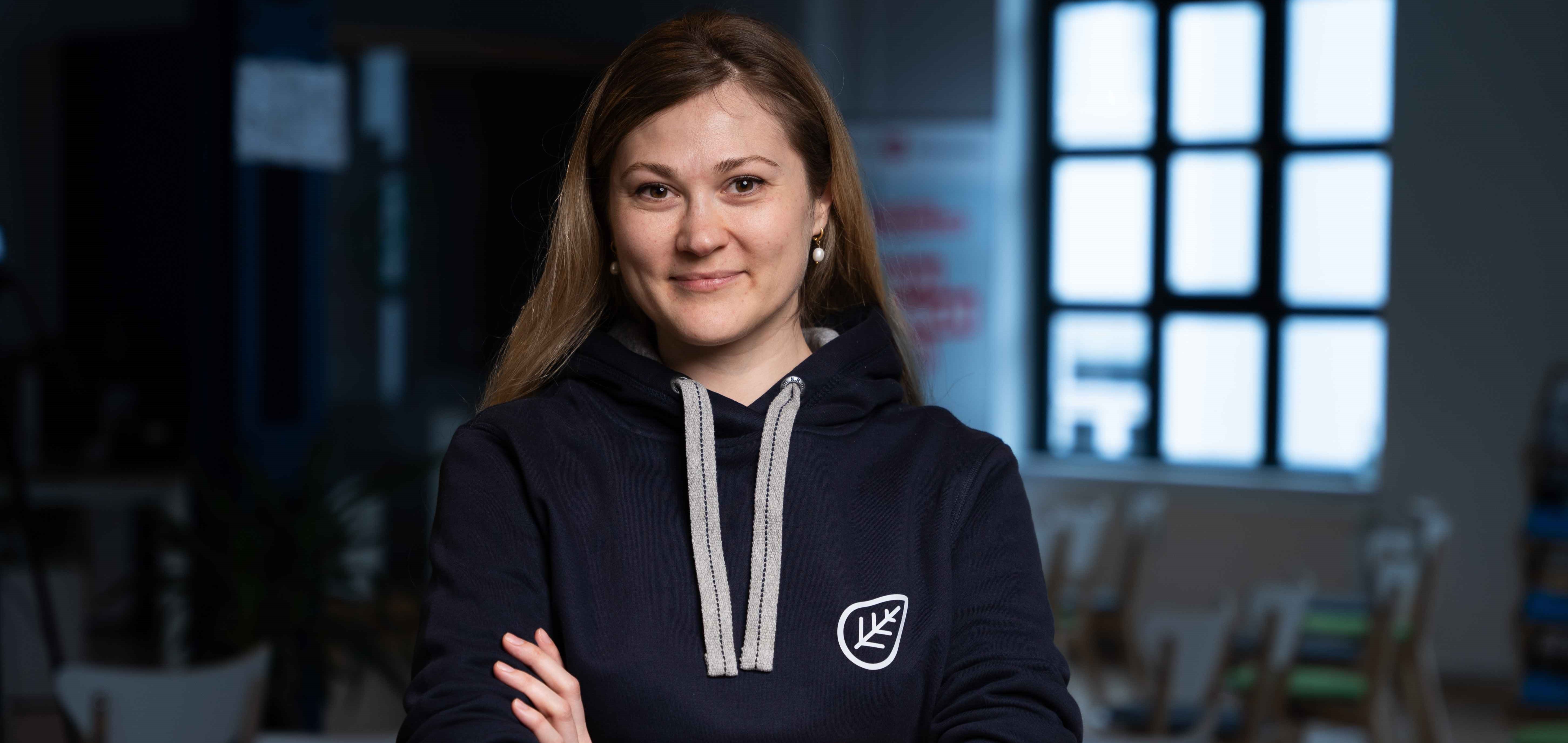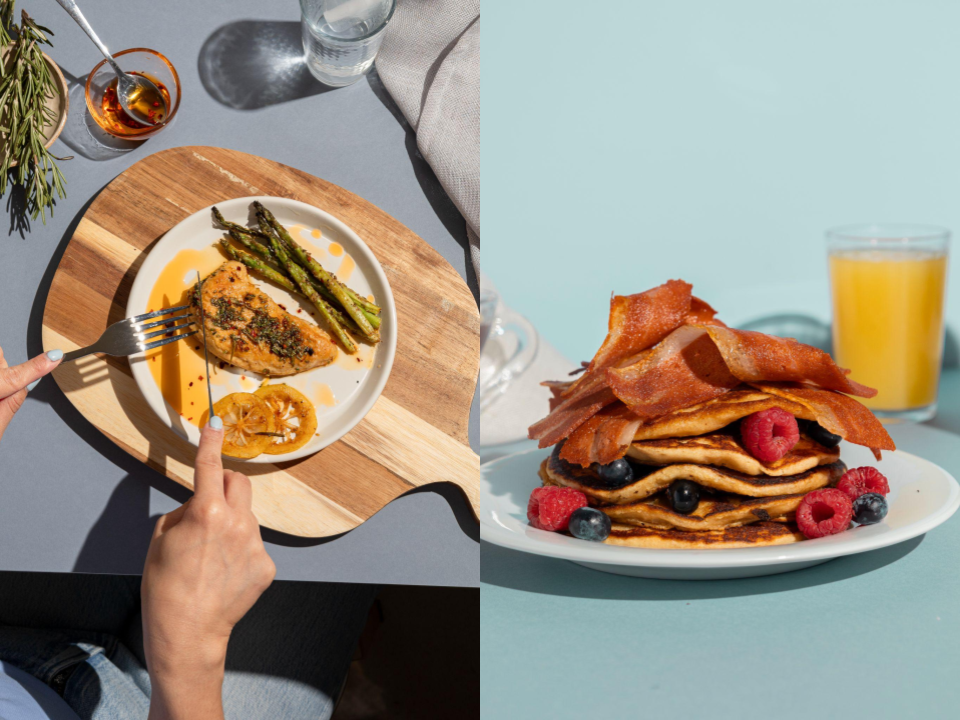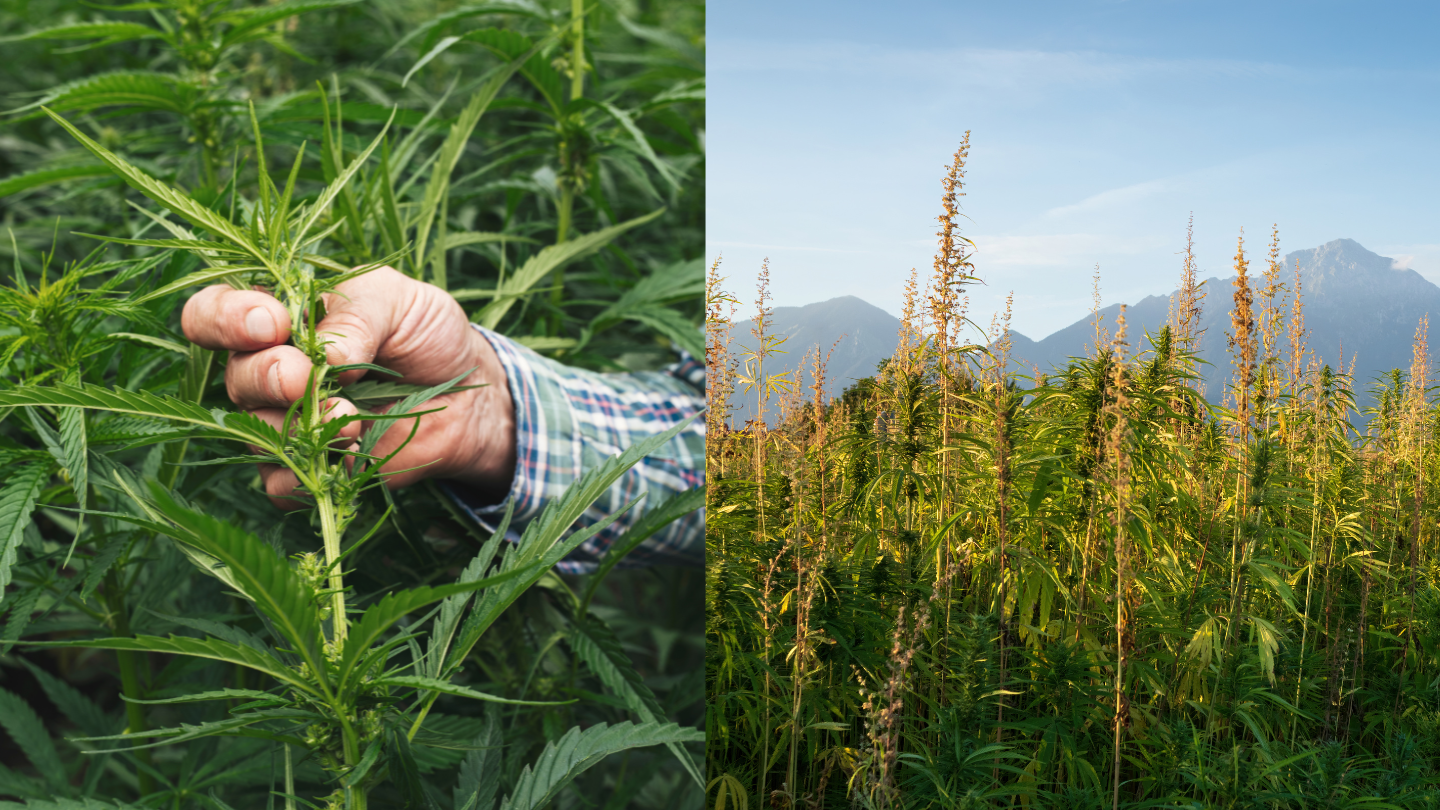Imagine a world where your favorite steak or bacon is created not in a farm but through a printer, crafted with precision from plant-based ingredients or even the trims of real meat. This is not science fiction — this is Cocuus. Cocuus was founded on two main inspirations: a profound concern for science and a desire to satisfy creative needs. The founders, self-confessed science fiction enthusiasts and tech geeks, envisioned a future where food could be created in ways never before imagined. They drew inspiration from iconic sci-fi elements, such as the transporter machines from Star Trek, to conceptualize food production as a process of turning physical ingredients into data and back into food. The FoodTech startup transforms food production with industrial solutions for alt-protein analogues using 2D/3D laser printing, bioprinting, and robotics. Their patented MEATMETHICA technology is a new era of protein innovation, enabling the large-scale production of plant-based meats and seafood that match animal products in taste and nutrition.

What inspired the team to create Cocuus and what makes your approach to food formulations unique compared to others in the industry?
Our approach to food formulations is distinctive because we don't just focus on the traditional aspects of taste, texture, and nutrition. We integrate cutting-edge technology and innovative thinking to mimic and enhance the sensory characteristics of traditional foods. Our unique perspective is shaped by our diverse team comprising physicists, geometric mathematicians, nutritionists, and even a comedian. This multidisciplinary collaboration allows us to think outside the box and create food products that are not only nutritionally sound but also revolutionary in their presentation and production process. For example, our 3D-printed steak, initially met with controversy in Spain, sparked immense curiosity and drew attention from major players like Cargill, now a key investor in our company.
What are the regulatory challenges you face when introducing new food products to the market and how is the meat from the 3D printer received by testers?
We have managed to navigate the regulatory landscape by using ingredients that have already been approved for use in the food industry. This strategic choice helps us avoid the hurdles associated with introducing entirely new substances to the market. By selecting the most innovative and successful ingredients, we create unique formulas that comply with existing regulations, thereby facilitating a smoother market entry.
The reception of our 3D-printed meat is a journey from skepticism to enthusiasm. Initially, testers approach it with curiosity and a degree of reservation, often influenced by preconceived notions about lab-grown or engineered foods. However, once they experience the product firsthand, there is a noticeable shift in attitude. Testers often express a strong interest in participating in the development of such foods, recognizing the potential for innovation and sustainability that these products represent.
Why do you rely on 3D printing?
We believe that the success of the plant-based market hinges on achieving a high level of organoleptic or sensory sophistication. 3D printing is instrumental in this regard as it allows us to replicate the complex textures, flavors, and appearances of traditional animal products with high precision. This technology enables us to create plant-based foods that not only taste and look like their animal-based counterparts but also offer a compelling alternative that can meet the growing consumer demand for sustainable and ethical food choices.
Can you tell us more about your platform MIMETHICA and the main principle behind it?
MIMETHICA is our innovative platform that embodies the principle of "Food to data - data to Food." This process begins with a thorough analysis of a traditional food product, such as bacon, steak, or salmon. We deconstruct the product by capturing all key variables, including texture, flavor, and nutritional content, through various data points. This data is then digitized and used to create a new product that replicates the original's characteristics with precision. By converting physical food into data and then back into food, we can innovate and refine our products to meet specific dietary needs and preferences, while also maintaining the authenticity of the original item.
-1.png?width=750&height=307&name=Desafia%20FoodTech%20Matchmaking%20(2)-1.png)
What is your main goal during the Desafía Foodtech Germany program?
Our primary objective is to establish commercial relationships with leading players in the German plant-based market. Germany is at the forefront of plant-based innovation and consumption, and we aim to contribute to this dynamic ecosystem by introducing our advanced food technologies and products. Through this program, we hope to expand our market presence, foster collaborations, and support the growth of plant-based alternatives in Germany, thereby aligning with our mission to promote sustainable and innovative food solutions globally.
Stay Tuned
The Desafía FoodTech Germany program is an initiative facilitated by ICEX Spain and RootCamp. On September 19th we will host an event "Taste of Tomorrow: FoodtTech Innovation from Spain to Germany in Hannover, where you will have a chance to meet all the startups participating in the program. Follow us on LinkedIn for more information.
/rootcamp_logo_white_2022.png?width=2123&height=630&name=rootcamp_logo_white_2022.png)

/RC%20logo%202022.png?width=2325&height=703&name=RC%20logo%202022.png)




